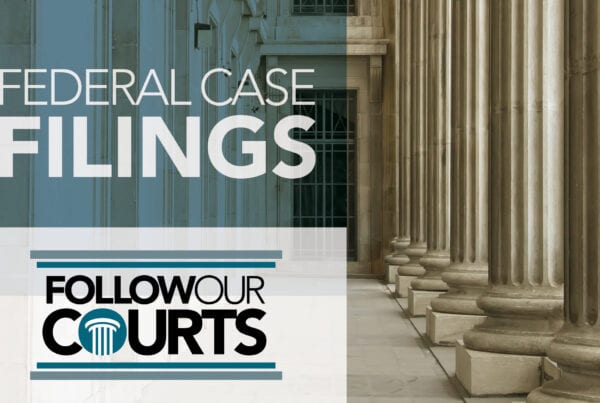Two new bills would make government remote teleconferences more accessible by allowing elected representatives to telecommute into public meetings outside of a state of emergency.
At the start of the pandemic, Gov. Gavin Newsom issued a series of executive orders that waived certain provisions of the Brown Act, including the requirement to provide notice of each member’s teleconference location, to teleconference from a public location that is accessible and that at least a quorum of the members of the local body participate from locations within their jurisdictions.
On June 11 Newsom issued Executive Order N-08-21, rescinding these modifications effective Sept.








